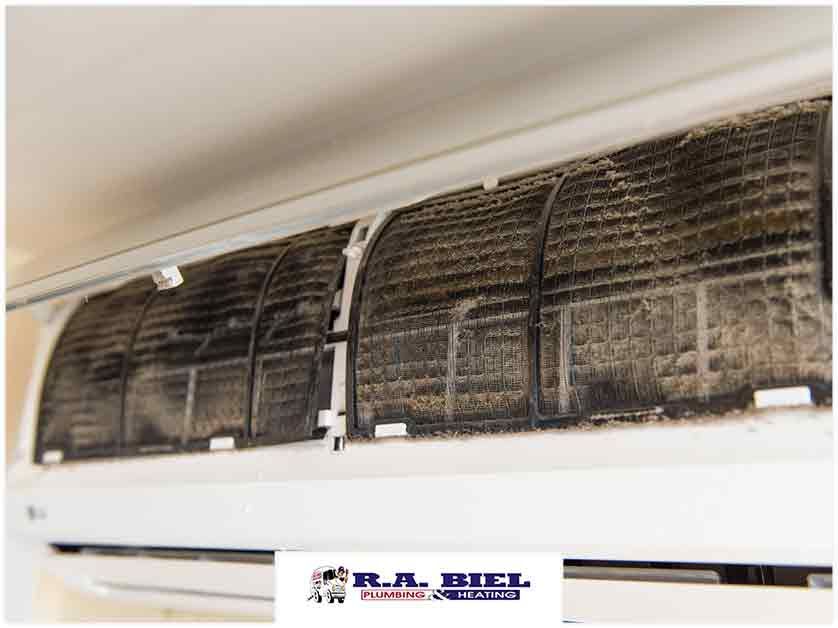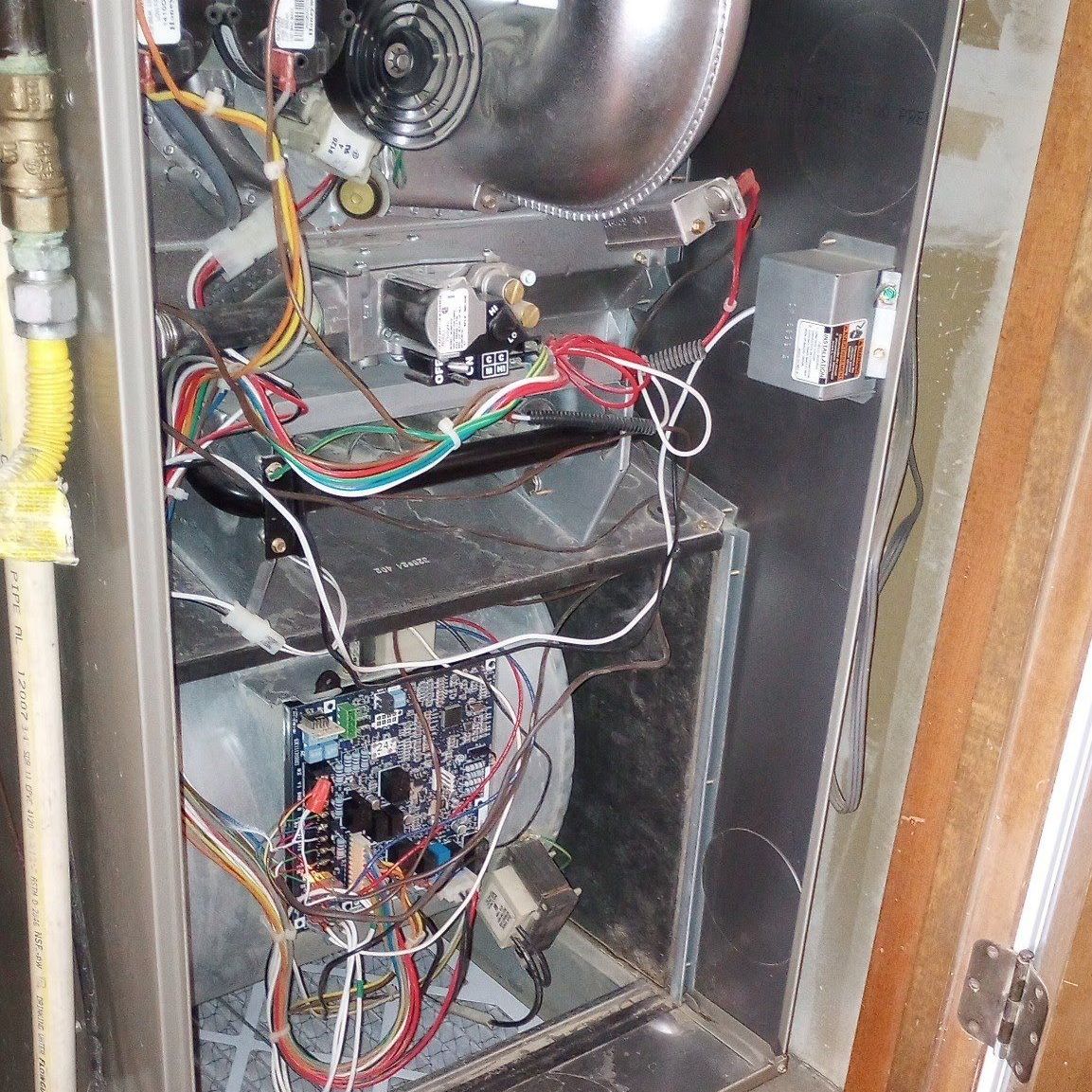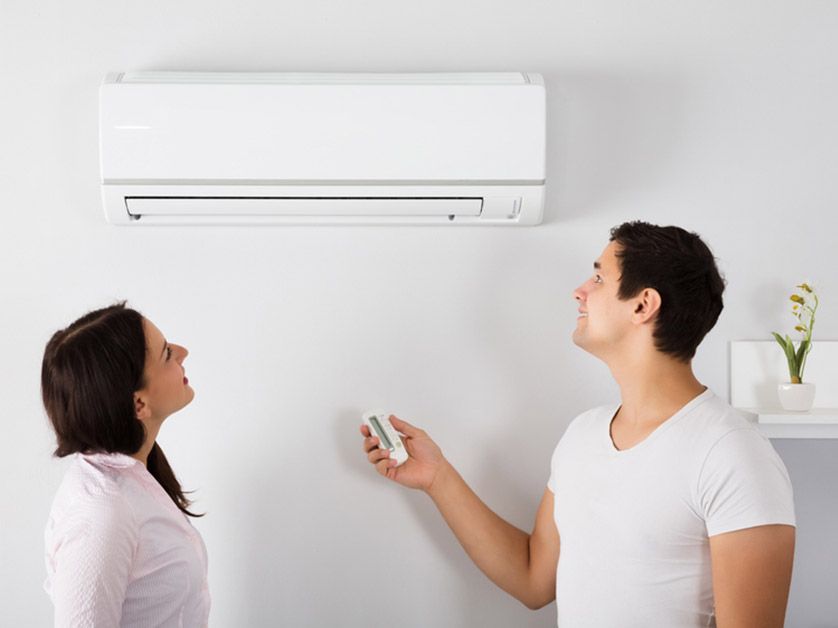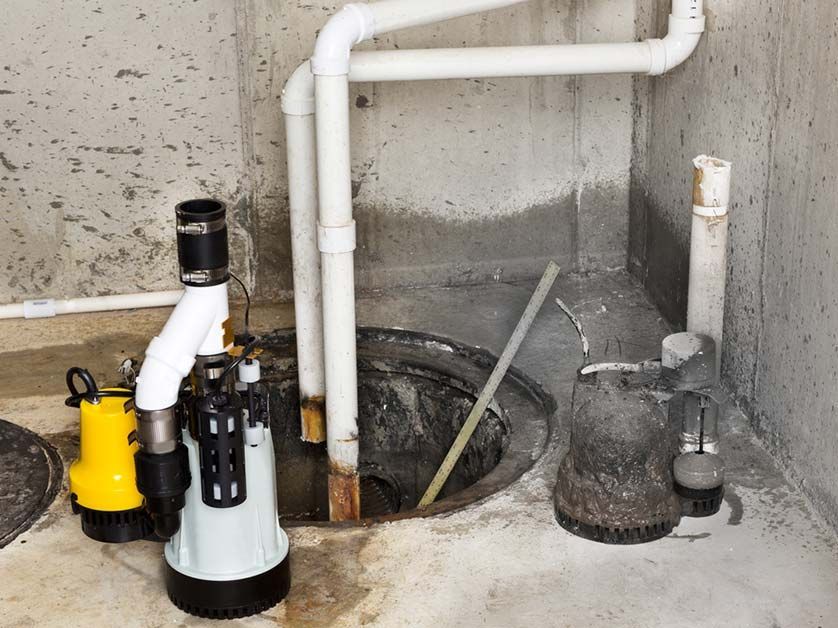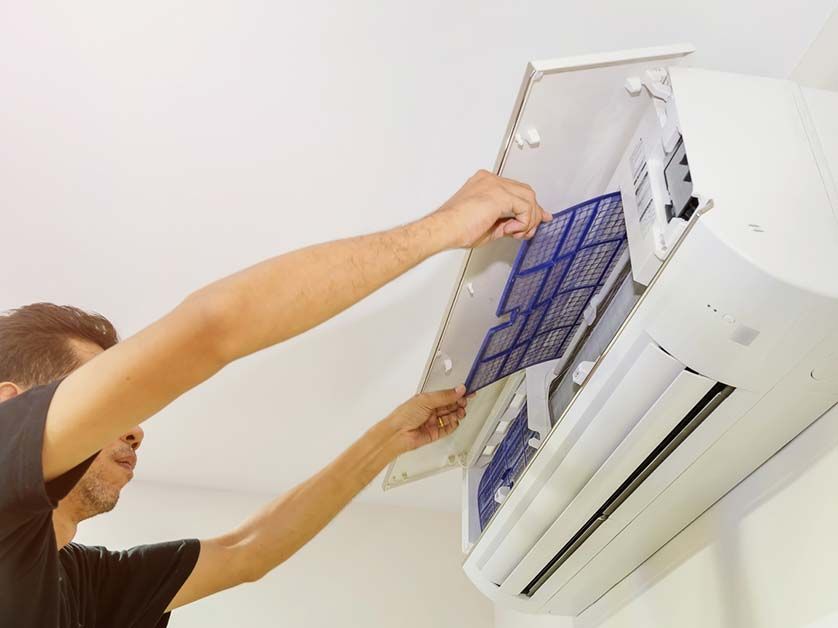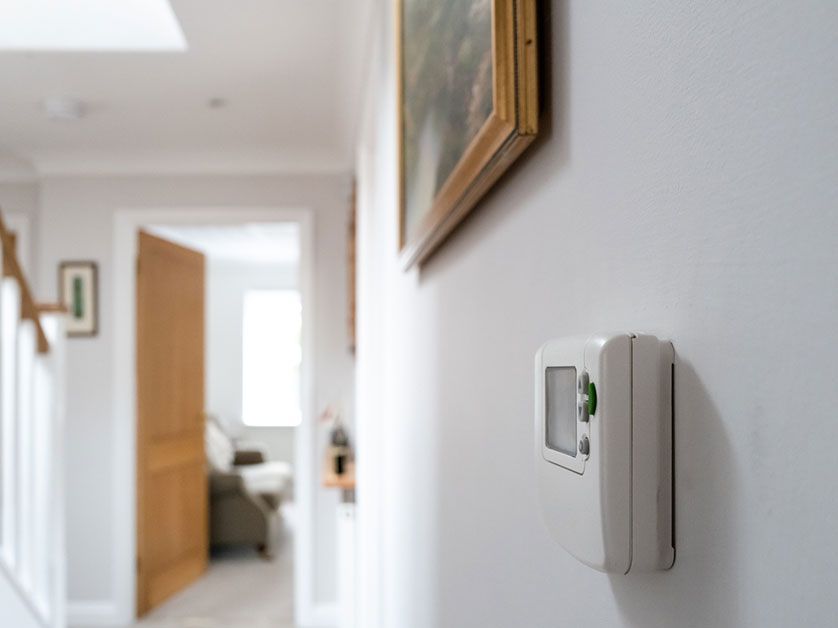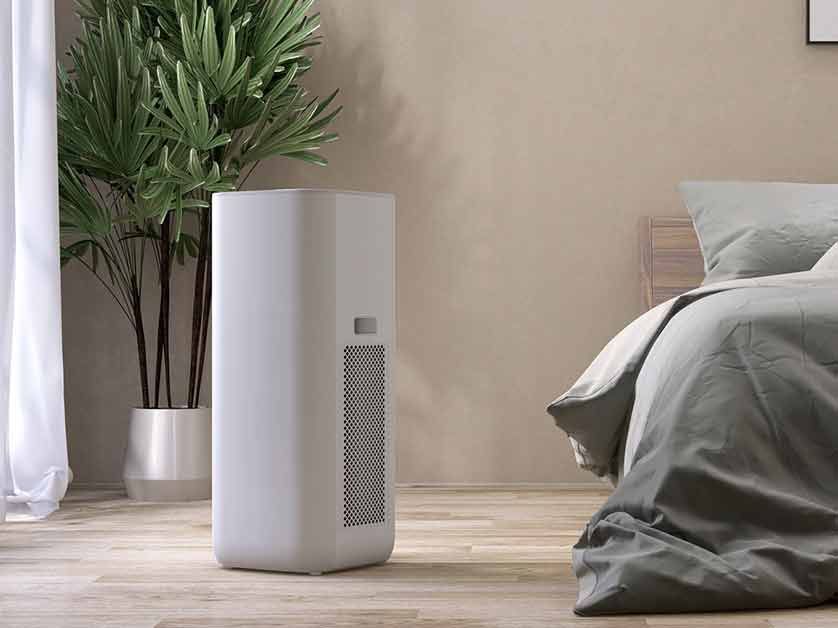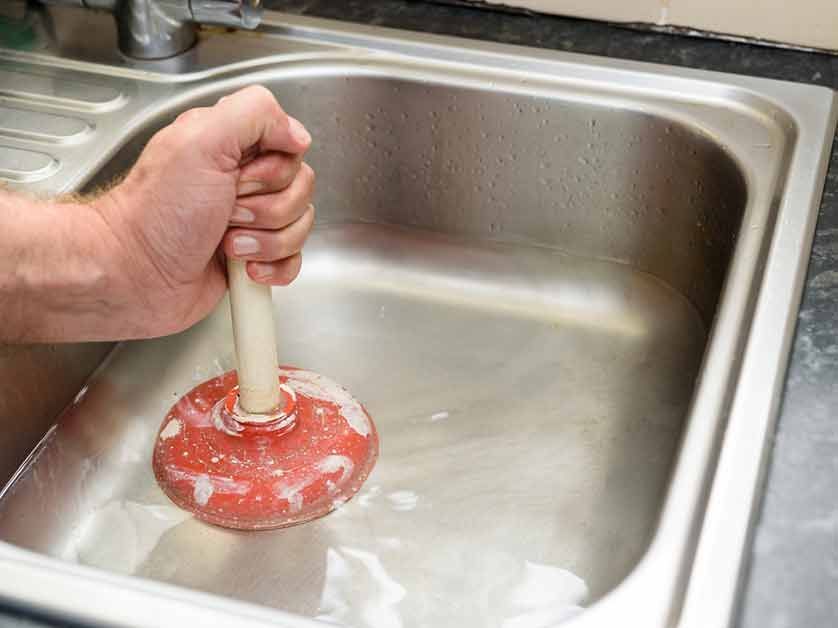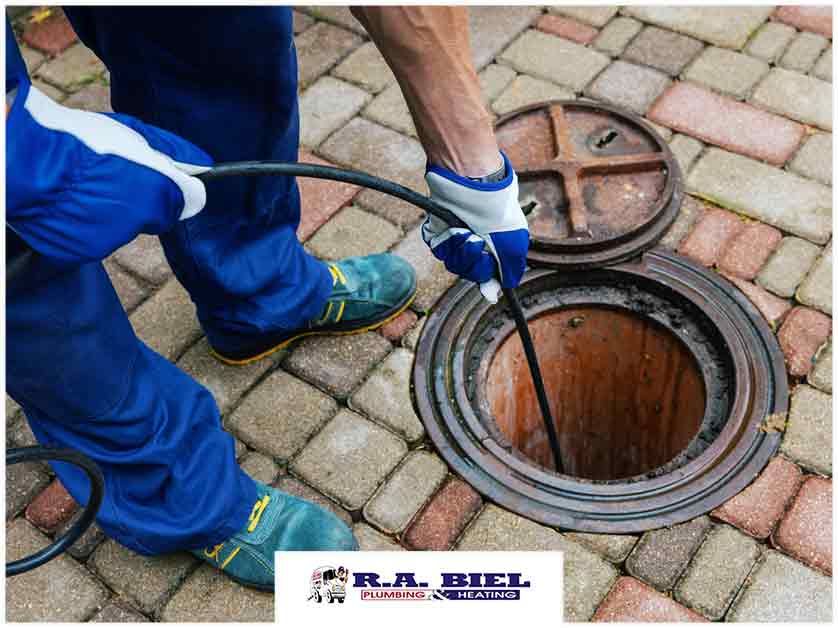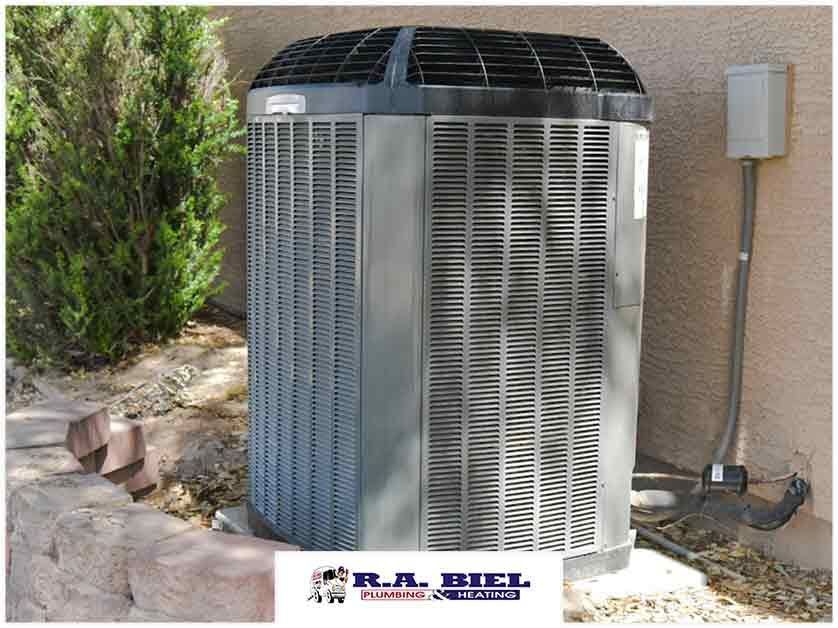HVAC Emergencies: What You Need to Know
Proper HVAC maintenance is essential for keeping your system running properly. However, emergencies can still arise due to the age or condition of an HVAC unit. In this blog post, R.A. Biel Plumbing and Heating discusses everything you need to know about HVAC emergencies so you can be prepared in case of such situations.
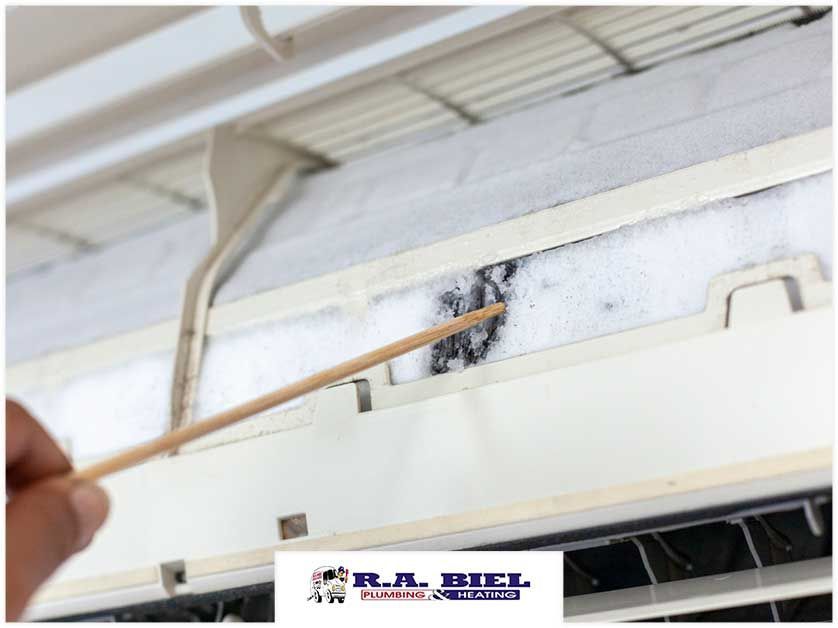
Warning Signs of an HVAC Emergency
HVAC emergencies can be determined by numerous indications, such as:
- Unusual noises coming from the unit
- Sudden temperature fluctuations
- High energy bills
- Abnormal odor or smoke emanating from vents
Though you should keep an eye out for signs of issues, there are certain HVAC mishaps that can be addressed without urgent attention. Examples include minor airflow problems or dirty grills and filters.
Common Causes of HVAC Emergencies
An HVAC emergency involves either an issue that needs to be addressed immediately or a significant fault that requires professional attention in order to avoid further damage. These emergencies are not only dangerous but can also cause extensive damage if left unaddressed.
There are a few common causes of HVAC emergencies, including poor maintenance, clogged/blocked air filters, leaking condensate lines, faulty electrical components and frozen evaporator coils.
Poorly Maintained HVAC Systems
Neglecting general HVAC maintenance can cause problems and lead to further complications over time. Regular preventative checks of all the major components are key for ensuring that your system runs as efficiently as possible, preventing emergency repairs and breakdowns.
Clogged or Blocked Air Filters
Clean air filters are essential for proper operation, so they should be checked regularly. Clogged or blocked air filters can cause the system to malfunction, leading to an emergency.
Leaking Condensate Lines
If your HVAC system’s condensate lines are leaking, they can cause significant damage and must be taken care of as soon as possible. These lines should be checked regularly for clogs and blockages, which can lead to water buildup in the HVAC system and create a hazardous environment.
Faulty Electrical Components
Electrical components are the most vulnerable parts of HVAC systems. If these elements become faulty due to age or wear and tear, they can cause numerous problems like short-circuiting. It’s best to address these issues immediately before they lead to an emergency.
Frozen Evaporator Coils
Evaporator coils are located within the air handler of your HVAC system, and they can freeze due to improper temperature control or low airflow. Once these components become frozen, it causes pressure buildup and affects other components of the system, leading to an HVAC emergency. To avoid bigger problems, make sure to call an HVAC repair contractor right away.
Ways to Prevent HVAC Emergencies
It’s essential to take the necessary preventative steps to ensure that your HVAC system remains in good condition and runs smoothly. Here are some tips that you should keep in mind:
Schedule Regular Maintenance and Inspections
Regular maintenance and inspections can help prevent emergency HVAC issues. Working with a trusted HVAC service provider for scheduled maintenance is recommended to identify problems quickly and take corrective action before they require emergency repair.
Change Air Filters Regularly
Regularly replacing the air filters in an HVAC system can help prevent clogging or blockage. Cleaner air means clean operating components that help extend the life of your system and reduce the need for emergency repairs.
Clean Condensate Lines Regularly
The condensate lines should also be inspected regularly to ensure they are not blocked or clogged. Clogs in the condensate line can cause water buildup and lead to an HVAC emergency.
Check for Proper Wiring and Connections
Faulty wiring or connections can also lead to an HVAC emergency. Having these checked as part of your system’s maintenance can prevent any potential issues and help minimize the chance of a breakdown.
Monitor Temperature Fluctuations
If the temperature of your HVAC system fluctuates, it could indicate an impending HVAC emergency. Keeping an eye on the temperature while operating your system and taking note of any sudden changes could help you address issues quickly before they become emergencies.
How to Create an Emergency Plan
It is always critical to be prepared for HVAC emergencies and to have a plan in place. Having an HVAC emergency plan should include steps you can take in the event of an emergency, such as who to contact and what actions should be taken first. You’ll also need to know where your home safety system shut-off valves are so they can be quickly accessed if needed.
Additionally, having the contact information of a professional HVAC contractor saved in your phone will help ensure you get professional assistance right away when it’s needed most.
What to Do if There Is an HVAC Emergency
If you’re experiencing an HVAC emergency, it should be addressed immediately to prevent further damage and disruption to your home. The best course of action is to contact a professional HVAC contractor for immediate inspection and repair services.
What Will an HVAC Professional Do During an Emergency Repair?
When you contact a professional HVAC contractor, they will assess the issue and determine what repairs need to be made to minimize further damage. They may also offer additional services, such as inspecting other components of your system for potential problems or providing more permanent solutions to help avoid future emergencies.
Professional vs. DIY Emergency Repairs
In an emergency, it’s not advisable to attempt any repairs yourself since greater damage could be inflicted by mishandling these types of jobs. It is best to leave the work to experienced professionals who are trained and equipped with the necessary knowledge and tools for addressing any HVAC issues safely and quickly.
There are numerous risks associated with an HVAC emergency, such as damage to equipment, the risk of fire and smoke-related accidents, or electrical hazards. Attempting repairs without knowledge may cause further injury or even death in severe cases.
Call an HVAC Professional in Farmington, MN
The key to avoiding HVAC emergencies is to practice preventative maintenance. Regular inspections, proper maintenance and prompt repairs are necessary to ensure that the system runs properly and efficiently. Being aware of the warning signs of an HVAC emergency can allow for quicker response times if one does occur, so you can get your system up and running again with minimal risk of further damage or disruption.
If you are experiencing any problems with your HVAC system, you can rely on our technicians at R.A. Biel Plumbing and Heating in Farmington, NM. Our team offers emergency HVAC services 24/7 to help keep your home or business comfortable all year long. For emergency repairs, air duct cleaning or other HVAC services, call (505) 327-7755 or fill out our online form.
The post HVAC Emergencies: What You Need to Know appeared first on R.A. Biel Plumbing & Heating, Inc..
Our Recent Articles
